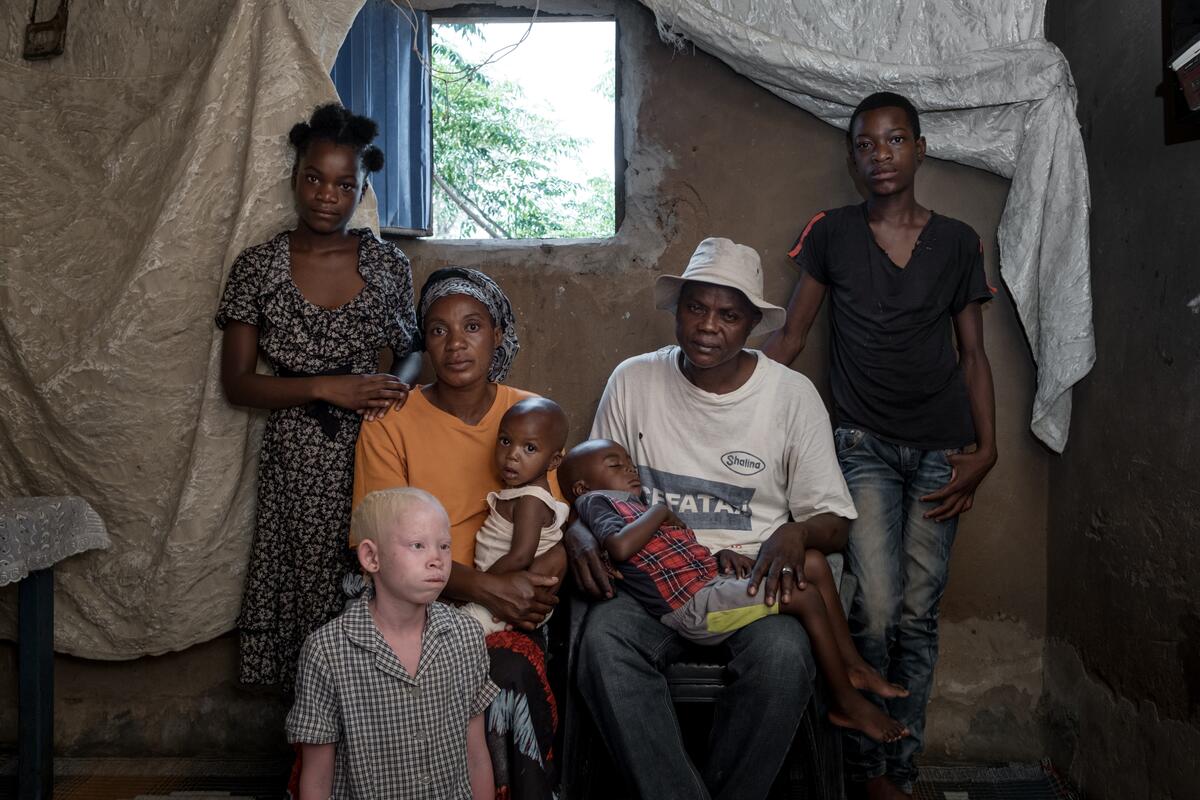Western Sahara: UNHCR and WFP call for funds to combat malnutrition
Western Sahara: UNHCR and WFP call for funds to combat malnutrition
(Note: This part of the briefing was done jointly with WFP)
A shortage of relief aid continues to cause acute and chronic malnutrition among Western Saharan refugees. For the last 28 years, Western Saharan refugees living in five camps around the western Algerian town of Tindouf have survived on aid that increasingly arrives late or in insufficient quantities to meet their nutritional needs. Urgent crises elsewhere in the world all too frequently overshadow their food aid needs, making this literally a hand-to-mouth operation.
Due to the lack of food aid contributions and delivery delays, the acute malnutrition rate has for years hovered at more than 10 percent, much higher than the surrounding community average of 6.1 percent. Chronic malnutrition, typified by stunting, is more than 30 percent.
The World Food Programme is taking this situation very seriously, and a joint assessment mission including donor countries plans to visit the camps in late January.
We urgently need donors to come forward with contributions and commitments for the speedy delivery of the regular food aid items as well as aid to combat micro-nutrient deficiencies among these refugees.
Meanwhile, a high-level UN mission led by Special Representative of the Secretary-General Alvaro de Soto and including senior UN refugee agency staff is meeting today with officials in Rabat to discuss UNHCR's proposals to establish a series of confidence-building measures to help re-establish person-to-person contacts between Western Saharan refugees living in desert camps in western Algeria and their relatives back in the territory of Western Sahara. Talks took place earlier this week in Algiers following encouraging meetings on the issue that took place last week in Geneva involving Polisario officials.
Under the confidence-building measures initiative, first proposed in 2000, we want to establish telephone and personal mail services between the refugees and their relatives in Western Sahara. We also want to organise family visits so refugees and their relatives can finally resume contacts and travel back and forth on a limited basis using U.N. aircraft. Algerian government estimates put the refugee population at 165,000 persons in the windswept desert sites.








